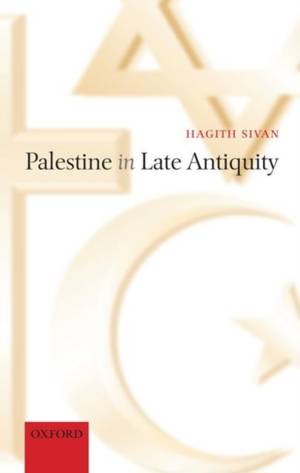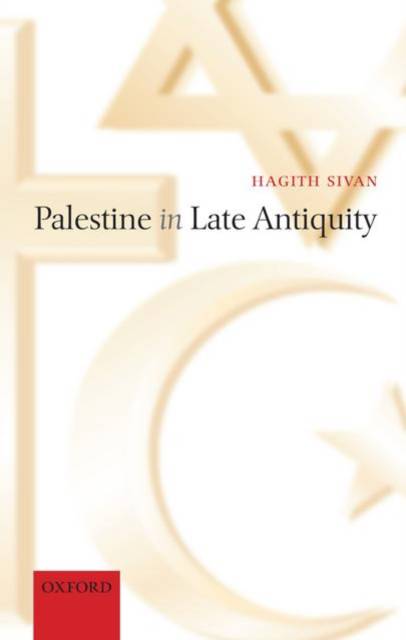
- Afhalen na 1 uur in een winkel met voorraad
- Gratis thuislevering in België vanaf € 30
- Ruim aanbod met 7 miljoen producten
- Afhalen na 1 uur in een winkel met voorraad
- Gratis thuislevering in België vanaf € 30
- Ruim aanbod met 7 miljoen producten
Zoeken
Omschrijving
Hagith Sivan offers an unconventional study of one corner of the Roman Empire in late antiquity, weaving around the theme of conflict strands of distinct histories, and of peoples and places, highlighting Palestine's polyethnicity, and cultural, topographical, architectural, and religious diversity. During the period 300-650 CE the fortunes of the 'east' and the 'west' were intimately linked. Thousands of westerners in the guise of pilgrims, pious monks, soldiers, and civilians flocked to what became a Christian holy land. This is the era that witnessed the transformation of Jerusalem from a sleepy Roman town built on the ruins of spectacular Herodian Jerusalem into an international centre of Christianity and ultimately into a centre of Islamic worship. It was also a period of unparalleled prosperity for the frontier zones, and a time when religious experts were actively engaged in guiding their communities while contesting each other's rights to the Bible and its interpretation.
Specificaties
Betrokkenen
- Auteur(s):
- Uitgeverij:
Inhoud
- Aantal bladzijden:
- 400
- Taal:
- Engels
Eigenschappen
- Productcode (EAN):
- 9780199284177
- Verschijningsdatum:
- 15/04/2008
- Uitvoering:
- Hardcover
- Formaat:
- Genaaid
- Afmetingen:
- 218 mm x 137 mm
- Gewicht:
- 694 g

Alleen bij Standaard Boekhandel
+ 336 punten op je klantenkaart van Standaard Boekhandel
Beoordelingen
We publiceren alleen reviews die voldoen aan de voorwaarden voor reviews. Bekijk onze voorwaarden voor reviews.











